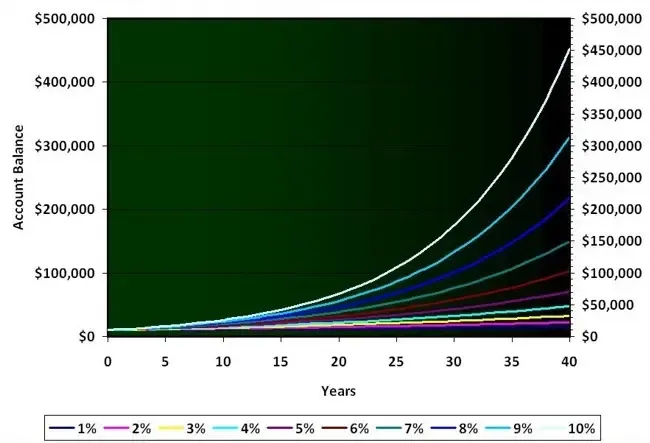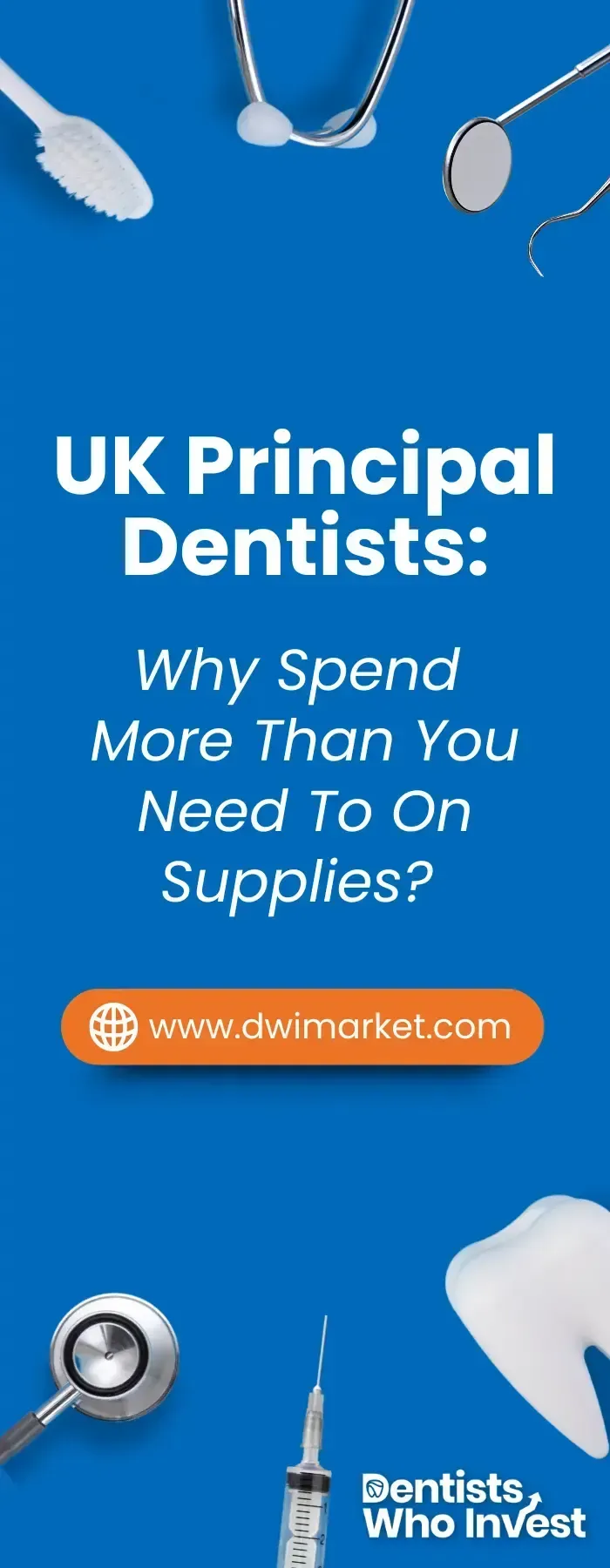
One year in from the change in government and one of the biggest changes in the direction of the tax regime we have seen in some considerable time, we take a look at the dental industry and how it has reacted.
The government stated that it's main financial mission was to put more people in work and grow the economy. These two are not unrelated to each other. Unfortunately the data shows that the economy is flatlining, and that there are in fact 250,000 fewer persons employed in UK than a year ago, which is the wrong direction.
Whilst it is undoubtedly money circulating in the economy which feeds the growth, it is the businesses expanding which creates the private sector employment which drives it. This in turn creates the profits made, and the tax on it goes back into the government pot, stimulating the circle. The rise in the minimum wage has without doubt helped the individual millions of workers affected, but that in itself is only one side of the growth driver.
Many people remain confused at how increases in Minimum Wage and National Insurance encourage businesses to expand. And dental practices are no different from any other business. Some believe strongly that it is the government's own policies which are weighing down the potential for growth.
Obviously the US Presidential team are not helping the general economic stability across the world. In reality this has a limited direct impact on an individual dental practice and its operation in the UK. Indirectly though, there is a material indirect effect on the views of the patients – the ‘customers’, who have to turn up, sit in the chair and to pay for their treatments. Patient concerns effect practice diaries, and it affects pricing.
This in turn affects plans for expansion. If you are not sure of a full diary, you will not take on associates or therapists, and you are less likely to invest in putting in a new surgery. This is the expansion which creates additional jobs and grows the economy. Paying individual employees more through an increase in the Minimum Wage without increased productivity, or increasing the cost of employment through National Insurance hikes, does not.
We must also add the note that the NHS dental practices are alone in having to carry the increase in National Insurance. NHS practices are unable to claim the Employers’ Allowance that all other businesses can, so the Employers’ NI increase comes straight off their bottom line. We have been pointing this anomaly out to the government since last November, who on the one hand want to encourage NHS provision, but on the other give a tax allowance to all other businesses in the UK EXCEPT NHS dentists. Nonsensical. Their initial response was to hint that this was under consideration, and would be addressed perhaps through the 2025 uplift. This has not been the case. It does therefore look like NHS dentists have been forgotten, despite all the statements made by Secretary of State for Health in the run up to last year’s Election, and as he took on his new role afterwards. That is disappointing. Many will unfortunately conclude that there seems nowhere to go for NHS dentists but to restrict offering such treatment and offer independent services instead. This is not good news for general oral health, which anecdotally at certain levels of society becomes a secondary concern.
The one-year-old government can no longer claim it a surprise that dental practices should be considering their strategy, whether remain NHS or go private. It many more cases, these concerns are born from defence.
The funding needed for recent reverses for the government in their welfare policies as well as economic changes emanating from the US policies make tax rises much more likely this autumn. This is another reason why dental practices should be considering their strategies, both in direction and in structure. The Treasury has said that there will be no increases in certain taxes, income tax, VAT and National Insurance. But that simply implies that the other taxes are fair game. If tax rises need to be swallowed, then there are potentially some cash flow situations on the horizon, and with interest rates where they are, building a relationship with your bank manager in order to cope with the rising floodwaters is a sensible option.
Dental practices, whether private or NHS, are approaching a time of change and threat over this next year or two. If structural changes are not on the cards for you, make it because you have taken an active decision, and not fallen into it by accident. And whilst there may be a tendency to view the future as negative, it need not be, and it doesn't mean that it shouldn’t be approached without positivity in mind. There is always a way forward in business, but it won't happen the way you want it without thought and action.
Enter your details above to receive a link you can use to download your FREE pdf
Read More

Here's What New Associates Need To Know

What Is Your Definition Of Retirement?

How Often Do You Look Back On Your Life And Think “I Wish That I Knew Than What I Know Now?”

Can I Invest In My ISA For Passive Income?

The Role Of Luck In Investing



